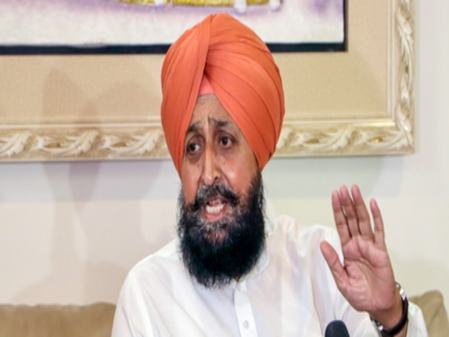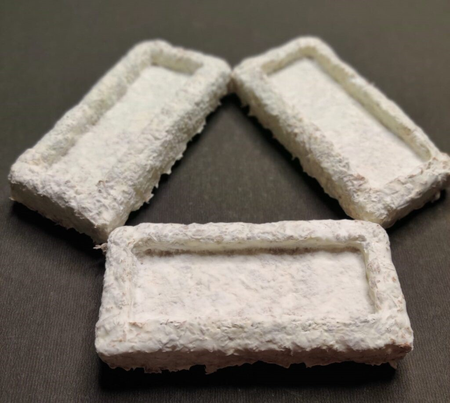
New Delhi, Aug 1 (IANS) More than Rs 10 crore has been spent under the National One Health programme for preventing zoonotic diseases in FY 2024-25, the government informed the Parliament on Friday.
In a written reply to the Lok Sabha, Union Minister of State for Health Prataprao Jadhav, funds allocated and expenditure under the National One Health Programme for Prevention and Control of Zoonoses (NOHP-PCZ) during the last five years.
“More than Rs 15.73 crore were allocated in FY25 — the highest in the last five years. Of this, over Rs 10 crore has been spent,” Jadhav said.
In comparison, more than Rs 15.11 was allocated, and Rs 6.6 crore was spent in 2023-24.
Under the NOHP-PCZ, various initiatives are taken to strengthen prevention, detection, and response capacities for zoonotic diseases in India, including Nipah Virus Disease (NiV).
“Three cases of Nipah Virus infection have been reported in Malappuram and Palakkad
district in Kerala in 2025 and a total of 677 contacts were traced,” Jadhav said.
Nipah virus disease is an emerging zoonotic infectious disease caused by the Nipah virus (NiV). It mainly affects pigs and humans. Nipah cases in humans tend to occur in a cluster or as an outbreak, especially in close contacts and caregivers.
The natural host of the virus is believed to be Pteropid fruit bats (flying foxes). According to the information available, fruit bats play a significant role in the transmission of this disease. The NiV infection closely follows the spillover of the pathogen from fruit bats to intermediate hosts or human beings.
“In India, a majority of the infections coincide with palm date sap collection times. Due to this, Nipah cases occur again and again in some areas,” the MoS said.
In India, Nipah outbreaks have also been reported in West Bengal in the years 2001 & 2007 and in Kerala in 2018, 2019, 2021, 2023, 2024, and 2025, the Minister added.
Control measures initiated and steps taken by the government to contain Nipah outbreaks include enhancing surveillance mechanisms, establishing a National Joint Outbreak Response Team (NJORT) and whole genome sequencing on clinical specimens from all positive cases, among others.
–IANS
rvt/




